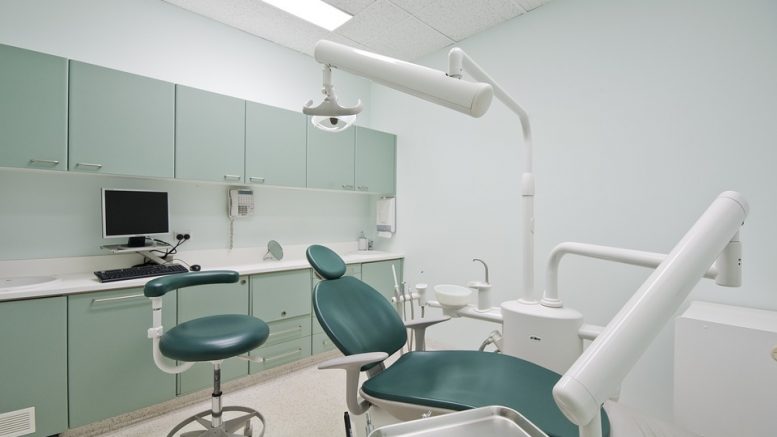Dental phobia and dental anxiety are both common conditions that can impair a patient’s ability to go visit a dentist. In fact, many Americans avoid going to the dentist because of fear and anxiety, even with an experienced dentist. But what is dental phobia and anxiety exactly and what can you do about it?
Dental Anxiety
Let’s start by looking at what dental anxiety is. Anxiety, in a general sense, is an excessive uneasiness or apprehension. Sometimes that can mean rapid heart rates, sweat, or a desire to simply not be at the dentist. The exaggerated worries can make it difficult to sit calmly in the dental chair or make appointments.
Dental Phobia
Dental phobia can be more serious than dental anxiety, taking the worries to the point of panic attacks and extreme fear. Regardless of whether a patient knows his or her fears are irrational, a dental phobic patient cannot reason away the fear and normally will go to extremes to not have to go to the dentist.
What Causes Dental Phobia and Dental Anxiety?
Dental phobia and dental anxiety are often caused by a negative experience at a dental office when you were younger, resulting in a fear of dental pain. Fortunately, dental technology has advanced, making dental procedures result in little to no pain. Some patients also have a fear of receiving an injection due to a fear of needles. For cleanings, however, needles are not even a concern. An experienced dentist will also be able to numb your skin prior to an injection to keep you from feeling the poke.
How to Know if you have Dental Phobia or Dental Anxiety
If you are reading this and wondering if it applies to you, we will help break it down so you can get the help you need to successfully visit the dentist.
You might have dental anxiety if you:
- Sweat at the thought of going to the dentist.
- Feel your heart racing in the dental chair or waiting room.
- Want to cry when they ask you to open your mouth.
- Feel faint in the office’s waiting room or dental chair.
You might have dental phobia if you:
- Can’t sleep due to thinking of the dentist.
- Throw up at the thought of a dental appointment.
- Have trouble breathing thinking of the dentist.
- Have a full panic attack.
Dental phobia might require more coordination with your doctor and dentist to achieve a successful appointment where anxiety might be able to be handled by the dentist.
What can Dental Phobia and Dental Anxiety do to your Health?
Now that you understand what dental phobia and anxiety mean, you should understand what having them can do to your oral health. If you avoid going to the dentist because of your fears and concerns, you could find that any dental issue that you might have will only get worse, and increase the likelihood of needing emergent treatment.
A once minor problem can turn into something bigger, more involved, and more expensive than it would have been if it had been treated sooner. Fears and anxiety can keep patients from getting into the dentist’s chair, putting themselves at a risk for more trouble and more pain that they were trying to ignore to begin with.
What you can do
While your natural instinct might be to avoid the dentist, both your oral and general health will be negatively affected if you do not take care of your mouth and teeth. Here are some solutions to get you on the right track to oral health.
- Visit the dentist for a consultation. Having a meeting will allow you to meet the dentist and his or her staff and allow you to get to know the staff as well as the dentist. At this appointment, you should be able to express your fears and concerns in order to find the best solutions.
- An experienced dentist, like you will find at Markham Dental, will always take your fears seriously. If you are seeing a dentist who brushes them aside, you are not receiving the right care for your needs.
- Create a signal to let the dentist or staff know during the procedure that you are uncomfortable.
- Bring headphones and a music player with relaxing music or nature sounds to help drown out the noises from the dental devices. The music should be something different that you normally don’t listen to so you cannot tune it out. An audiobook might also work well to keep your attention redirected.
- If you are concerned you cannot make it through an appointment, ask your dentist about any prescription sedatives that you might be able to take before an appointment.
Don’t let your dental health be compromised. You can work with your phobia and anxiety to achieve the best oral health possible.



Be the first to comment on "What Is Dental Phobia and Dental Anxiety"